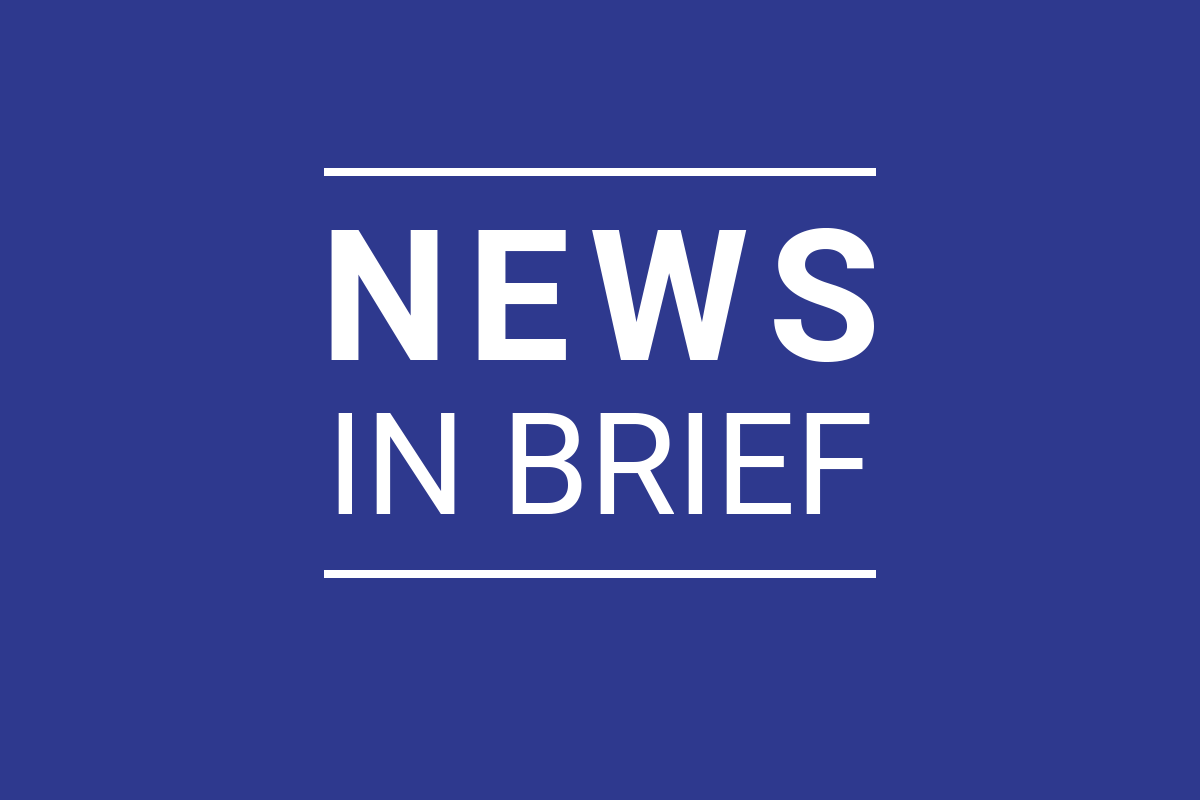
Now Enrolling: EAQ201 to Assess COVID-19 Related Financial Hardship and Distress in Women Who Decline TMIST Participation
December 22, 2021
News in Brief, January 2022
January 26, 2022From the Co-Chairs, December 2021


By Peter J. O’Dwyer, MD (left)
and Mitchell D. Schnall, MD, PhD
For our last newsletter of 2021, let’s consider some of the positive events in a year constrained by the continuing pandemic. First, despite the cancellation of both in-person Group Meetings this year, we have maintained a high level of research activity in both the NCTN and the NCORP domains. At the Fall 2021 Group Meeting General Session, Mike Thompson underscored the efforts throughout the COVID-19 pandemic with regard to our members’ ability to maintain clinical trial accrual and excellent clinical care while surviving with family demands and re-engineering work patterns to include work from home. The continued high-level academic participation in all of our committees drives the science, and momentum was maintained, or even increased, in the past year. As our definition of cancers as disease entities is modified by molecular and immunological classification, our protocol structures have changed accordingly. In fact, in 2021 the number of ECOG-ACRIN trials increased by about 18% even as the average size of each trial decreased. This may be the best indicator of the practical implementation of precision medicine as the route to better therapy and improved management of our patients and their conditions.
At the most recent update of accrual to NCTN therapeutic trials (in October 2021), ECOG-ACRIN accrual had actually increased over pre-pandemic numbers. As we recognize the scientific accomplishments reflected in this activity, we also recognize that this could not occur without substantial support. First, in the ECOG-ACRIN Operations group, led by Donna Marinucci and Jean MacDonald, all activities were transitioned to virtual participation, and thanks to nimble IT gymnastics, were able to continue without interruption. It can also be noted that, just as is occurring in cancer centers and practices all over the country, personnel turnover and career changes imposed increased training burdens, all managed in stride. Second, we had the support and continued participation in research activities in member institutions large and small, where the same staff shortages and COVID pressures were not allowed to impede provision of cutting-edge options to patients. We salute the effort and sacrifice that enabled continuity of the national clinical cancer research program. Looking back, this accomplishment, requiring the joint commitment of all of us, may be the signal achievement of this year.
Our two largest research efforts were also enabled to thrive through this past year. In our precision medicine research, the NCI-MATCH trial continues to accrue patients to uncommon but important subsets. While no new arms will be activated for the MATCH trial (more detail to come in the near future), the next generation of trials continues to progress. ECOG-ACRIN is the coordinating center for the ComboMATCH trial, the registration protocol and logistics for which are nearing finalization under the leadership of Jim Ford, along with Funda Meric-Bernstam and Jeff Moscow. The initial therapeutic arms are well-advanced in development. Meanwhile, the MyeloMATCH trial for leukemia is in development as a cross-group effort in which ECOG-ACRIN is well-represented by Mark Litzow, Selina Luger, and others.
In cancer screening, the value of the TMIST breast cancer trial of 2D vs. 3D imaging was recognized by an independent NCI review committee, and despite the downturn in screening activities nationally, TMIST continues to accrue briskly toward completion under the leadership of Etta Pisano. This trial also has a distinguishing feature in that it has broad diversity, with participation of Black women currently accounting for 18% of accrual. This accomplishment reflects the tireless advocacy of Edith Mitchell and Melissa Simon, and outreach by the ECOG-ACRIN Cancer Research Advocates Committee, led by Mary Lou Smith. In this, and in numerous other research activities, the Health Equity Committee and Social Determinants of Health Working Group—with many others—are establishing studies, interventions, and policies that expand the reach and relevance of all of our activities.
This year marked a milestone in pursuit of equity: we established the Task Force on Advancement for Women led by Barbara Burtness. This committee has the long-term goal of safeguarding a level playing field on which all ECOG-ACRIN members feel included and have the opportunity to develop into the leaders of the future.
ECOG-ACRIN continues a long tradition of honoring early-career investigators. In 2021 the prestigious Young Investigator Award was presented to Christine Lovly, MD, PhD of Vanderbilt University and the Vanderbilt-Ingram Cancer Center.
There is much to be grateful for in the activities of the past year, even as we look with concern at the spread of the omicron variant. We are confident that whatever comes our way, the events of the past year have made us flexible enough to continue this work, in whichever form that might need to take. They have also made us hopeful that when the pandemic has abated, we will emerge stronger and all the more effective. We wish you a happy New Year, and the best for 2022!
Read the December 2021 issue here.
Correction: This post was updated in January 2022 to reflect the status of the MyeloMATCH trial.
![ECOG-ACRIN logo[19516]275×75](https://blog-ecog-acrin.org/wp-content/uploads/2021/03/ECOG-ACRIN-logo19516275x75.png)
